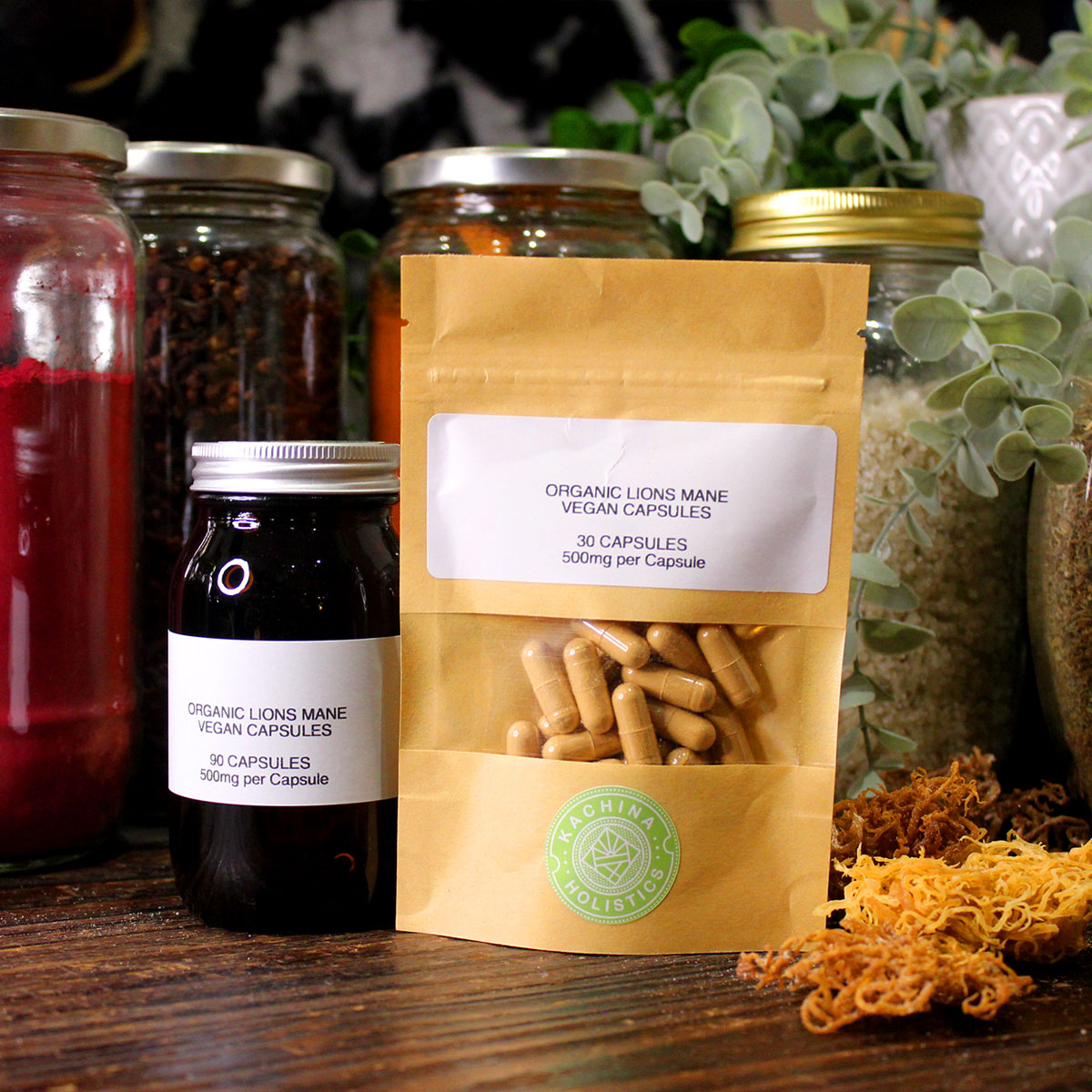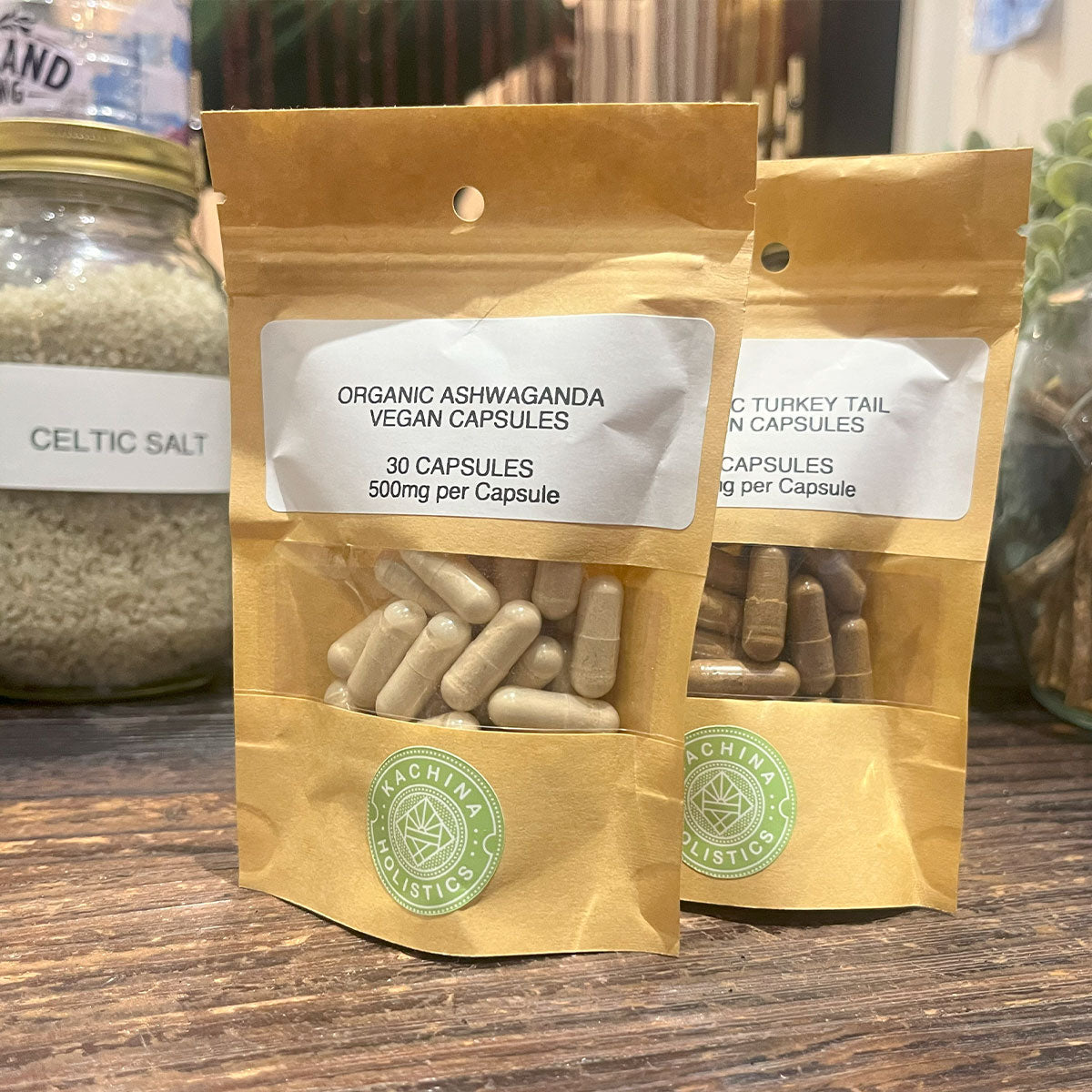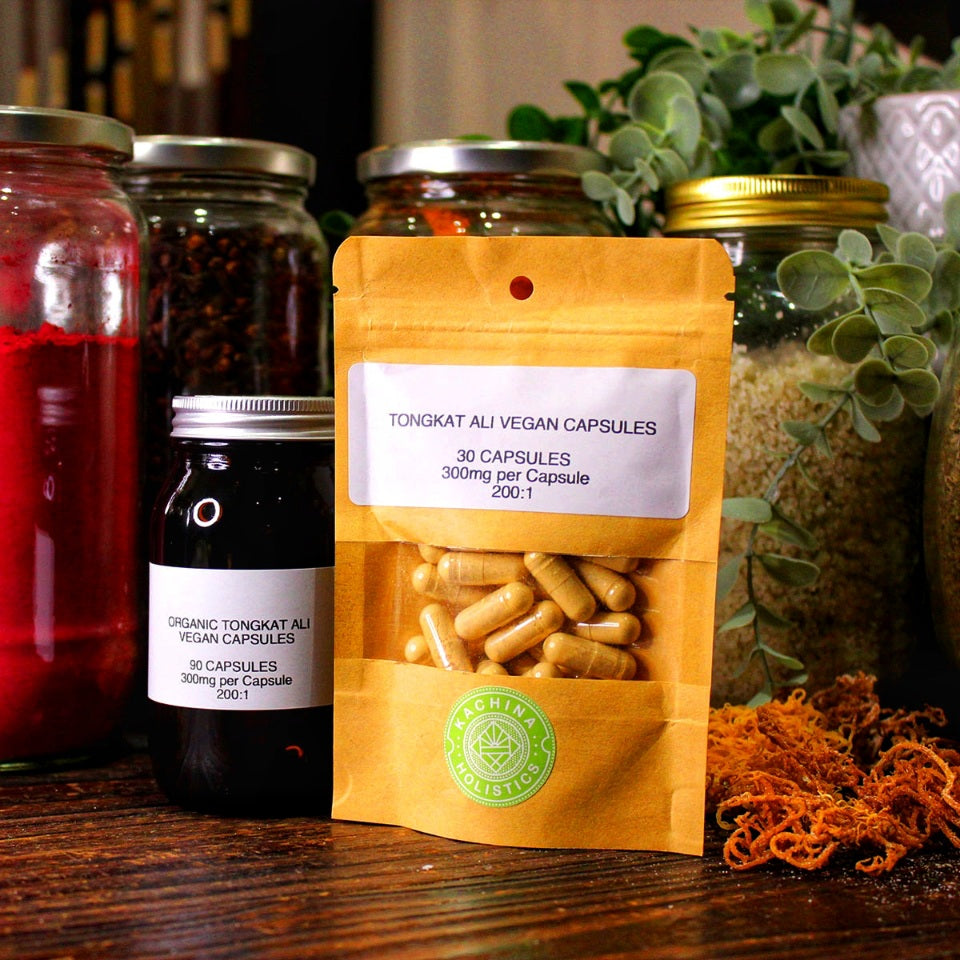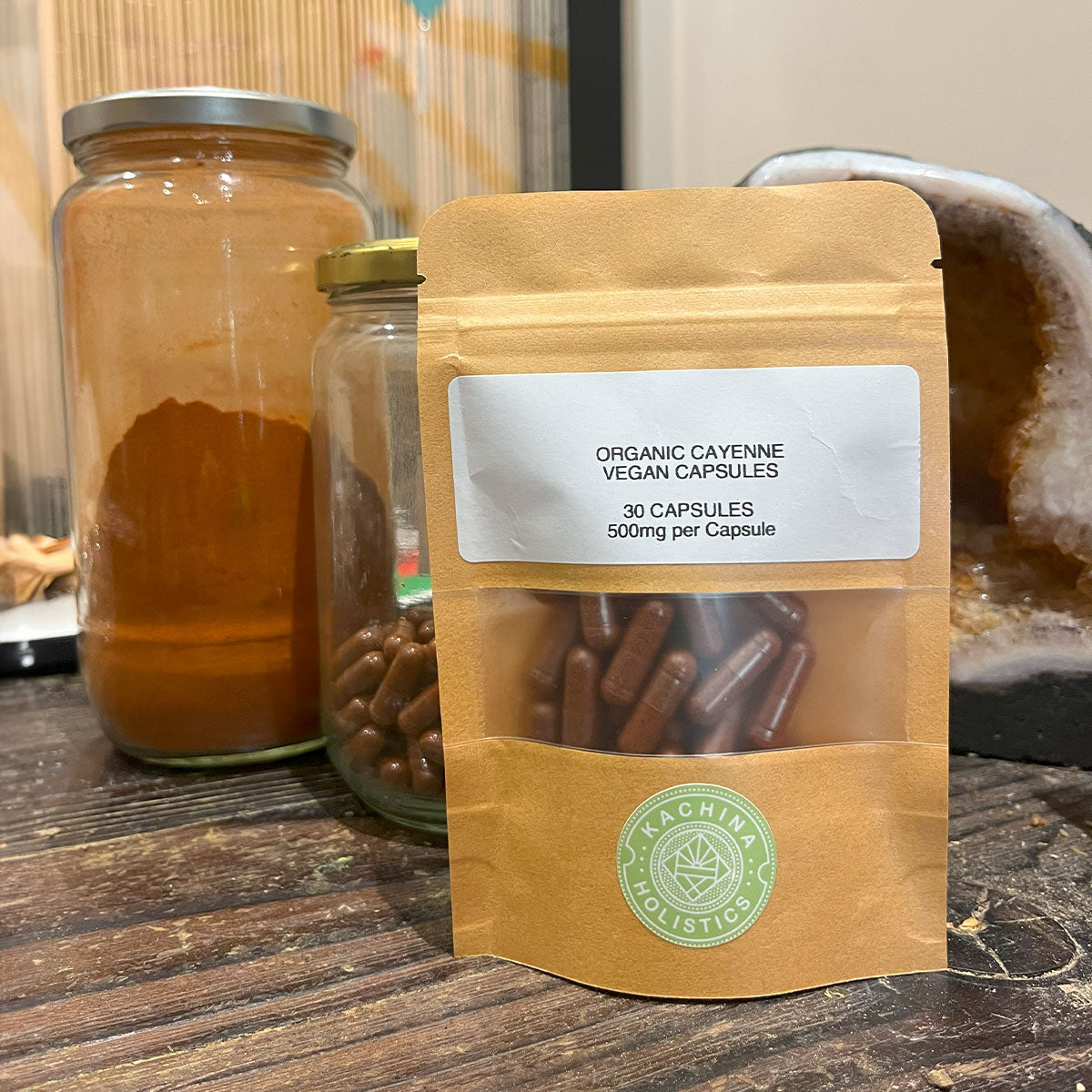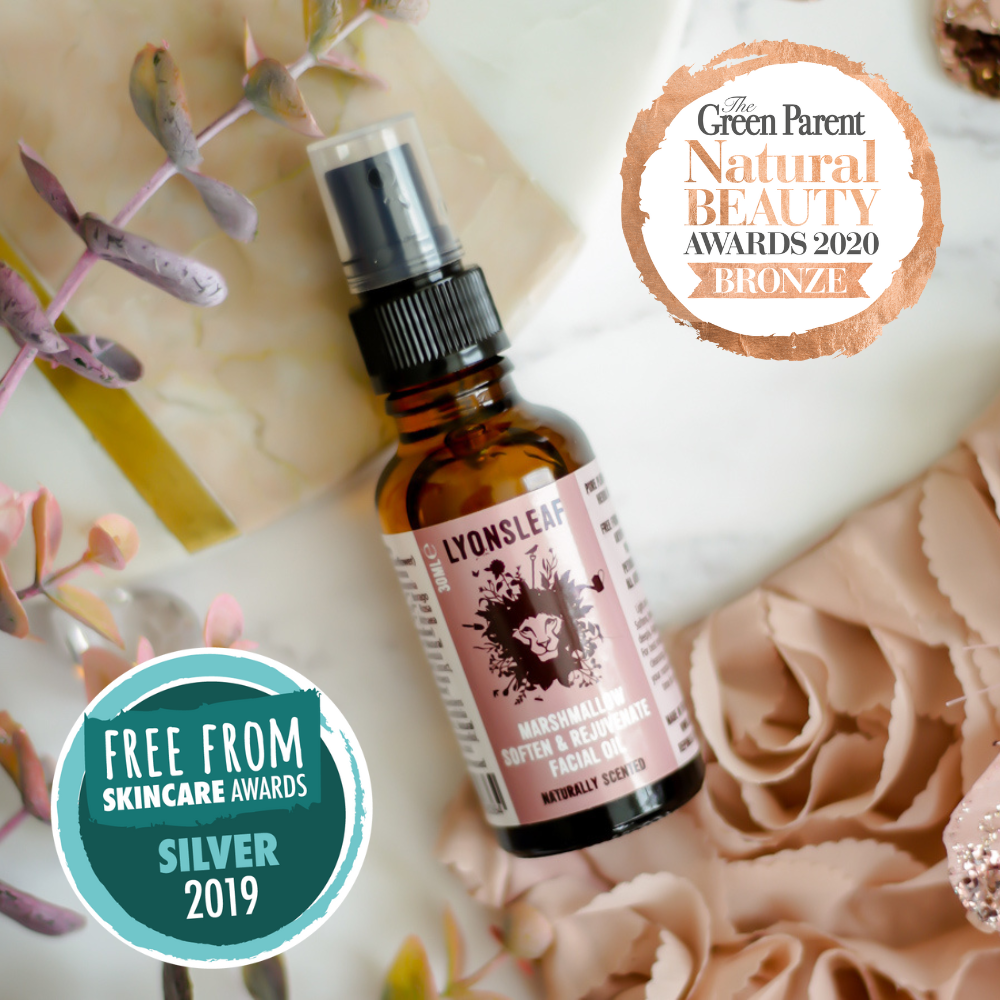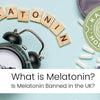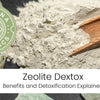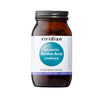Does Honey Ever Go Bad? - The Sweet Truth
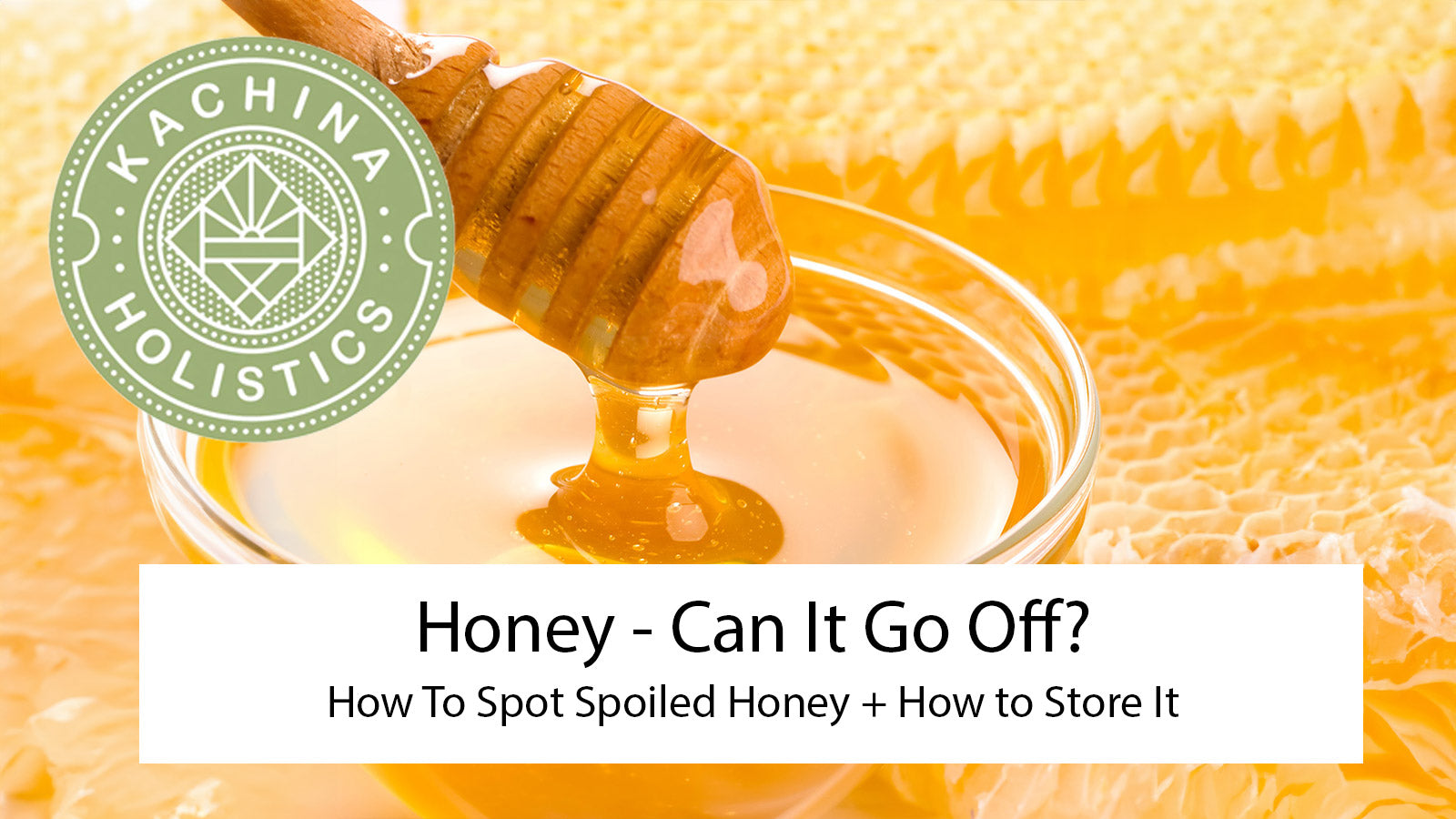
The sweet and golden liquid, honey, has been cherished for its long shelf life since ancient times. Tales of honey pots discovered in age-old tombs, still as fresh as the day they were sealed, have fascinated many.
However, the reality of our kitchen is far from these perfect preservation conditions but it’s become a bit of a myth and we’re here to clear up, does honey ever go off? This blog explores the intriguing longevity of honey, the rare circumstances that can spoil it, and how to prevent such instances. Let’s delve into the sweet, enduring world of honey.
The Longevity of Honey
Honey’s impressive shelf life is largely due to its unique composition and the conditions within a beehive. Primarily made of sugars, honey is naturally low in moisture, a key requirement for bacterial growth. This lack of moisture, coupled with honey’s dense nature, makes it a hostile environment for bacteria.
Interestingly, honey is also acidic, with an average pH of around 4. This acidity, primarily due to gluconic acid produced by bees, further inhibits the growth of microorganisms.
Moreover, the honey-making process in a beehive results in the production of hydrogen peroxide, a known antiseptic with antibacterial properties. This compound, along with other antibacterial agents present in honey, contributes to its long-lasting nature.
In summary, honey’s longevity can be attributed to its low moisture content, acidity, antibacterial properties, and density. These factors work together to make honey a nearly spoil-proof food item.
Does Honey Go Off?
Despite honey’s antimicrobial properties, one might wonder, “Can honey go off?” The answer is yes, under certain circumstances, honey can spoil. This is especially true if you’re not planning on sealing your honey in a tomb like the ancients!
The main culprit behind honey going bad is contamination. Honey is hygroscopic, meaning it readily absorbs water from its surroundings. If left unsealed in a humid environment, honey can absorb water particles from the air, increasing its moisture content. This creates a conducive environment for bacteria to grow, leading to mouldy honey.
Contamination can also occur through unclean utensils or airborne microbes. While these contaminants usually wouldn’t harm the honey, they can become problematic in honey with higher water content than usual.
So, can honey go mouldy? Yes, it can. Mould in honey is a rare occurrence but can happen if the honey is exposed to moisture and contaminants. However, with proper storage and handling, these risks can be easily avoided, ensuring your honey stays as fresh as the day it was harvested.
Identifying Spoiled Honey
Honey, often referred to as “liquid gold,” is a fantastic natural sweetener with a plethora of health benefits. However, like any other food product, it can go bad. Here are some tips on how to identify if honey has spoiled:
Changes in Smell
Fresh honey has a pleasant, sweet, and floral aroma. If your honey starts to give off an unpleasant or sour smell, it’s a clear sign that it has spoiled. This change in smell is often due to the fermentation process, which occurs when there’s too much moisture in the honey.
Presence of Mould
Although it’s rare due to honey’s low moisture content, mould can sometimes grow on the surface of honey. If you see any fuzzy spots, discoloration, or growth on your honey, it’s best to discard it immediately. Mould in honey can be harmful if consumed.
Changes in Texture
Honey is known for its thick, smooth consistency. Over time, honey may crystallise, resulting in a lumpy, grainy texture. While crystallisation is a natural process and doesn’t necessarily mean the honey is spoiled, a watery or uneven texture could indicate spoilage.
Changes in Taste
If the honey has a bitter or sour taste, it’s likely that it has gone bad. Fresh honey should taste sweet and rich. If there’s any change in the taste, it’s better to be safe and replace it.
Remember, the best way to prevent honey from spoiling is to store it properly. Keep it in a tightly sealed container and store it in a cool, dry place away from direct sunlight. With the right storage, honey can last for years and even decades!
Proper Honey Storage
Honey, with its natural preservatives, has an impressive shelf life. However, how you store it can significantly impact its quality and longevity. Here are some tips on how to properly store honey to prevent spoilage:
Using Clean Utensils
When using honey, always ensure that the utensils are clean and dry. Introducing water or other food particles into the honey jar can promote fermentation and spoilage. It’s best to use a clean, dry spoon every time you dip into your honey.
Keeping the Honey Sealed
Air exposure can degrade the quality of honey over time. Therefore, it’s crucial to keep your honey container tightly sealed when not in use. This helps maintain its flavour and texture, and extends its shelf life.
Storing Honey in Different Conditions
The storage conditions significantly affect the quality and shelf life of honey. Here’s what you need to know:
- Room Temperature: Honey is best stored at room temperature, between 21-27°C. At this temperature, honey maintains its quality and consistency.
- In the Fridge: Storing honey in the refrigerator accelerates the crystallisation process, making it thick and grainy. However, crystallised honey hasn’t gone bad and can be returned to its liquid state by placing the jar in warm water.
- In a Cool Room: If you prefer your honey in a creamy, spreadable state, you can store it in a cool room with a temperature below 10°C. This encourages controlled crystallisation, resulting in creamed honey.
FAQ
What makes honey spoil-proof?
Honey’s spoil-proof nature can be attributed to its low moisture content, acidity, antibacterial properties, and density. These factors work together to make honey a nearly spoil-proof food item.
Can honey go off?
Yes, under certain circumstances, honey can spoil. This is especially true if the honey is exposed to moisture and contaminants. However, with proper storage and handling, these risks can be easily avoided.
What are the signs of spoiled honey?
Signs of spoiled honey include changes in smell, presence of mould, changes in texture, and changes in taste. If your honey exhibits any of these signs, it’s better to be safe and replace it.
How can I prevent honey from spoiling?
The best way to prevent honey from spoiling is to store it properly. Keep it in a tightly sealed container and store it in a cool, dry place away from direct sunlight.
What is the best way to store honey?
Honey is best stored at room temperature, between 70 and 21-27°C. At this temperature, honey maintains its quality and consistency. However, if you prefer your honey in a creamy, spreadable state, you can store it in a cool room with a temperature below 10°C.
Can I store honey in the fridge?
Storing honey in the refrigerator accelerates the crystallisation process, making it thick and grainy. However, crystallised honey hasn’t gone bad and can be returned to its liquid state by placing the jar in warm water.
What should I do if my honey crystallises?
Crystallisation is a natural process and doesn’t necessarily mean the honey is spoiled. If your honey crystallises, it can be returned to its liquid state by placing the jar in warm water.
Why is it important to use clean utensils with honey?
When using honey, always ensure that the utensils are clean and dry. Introducing water or other food particles into the honey jar can promote fermentation and spoilage.
